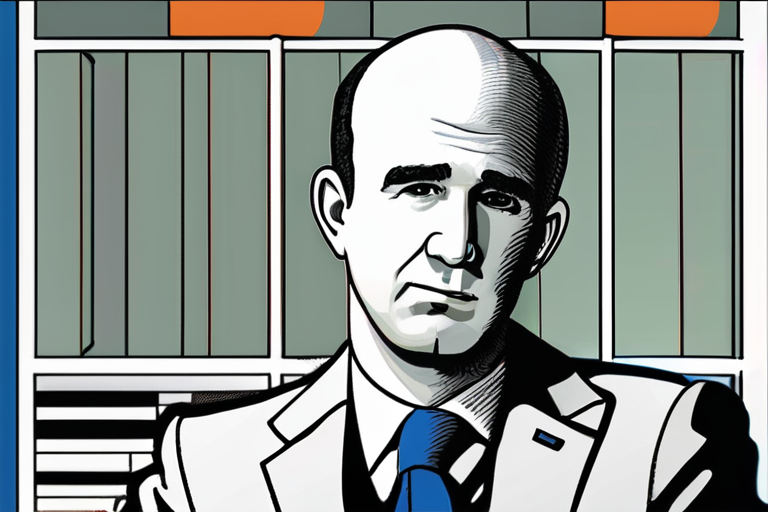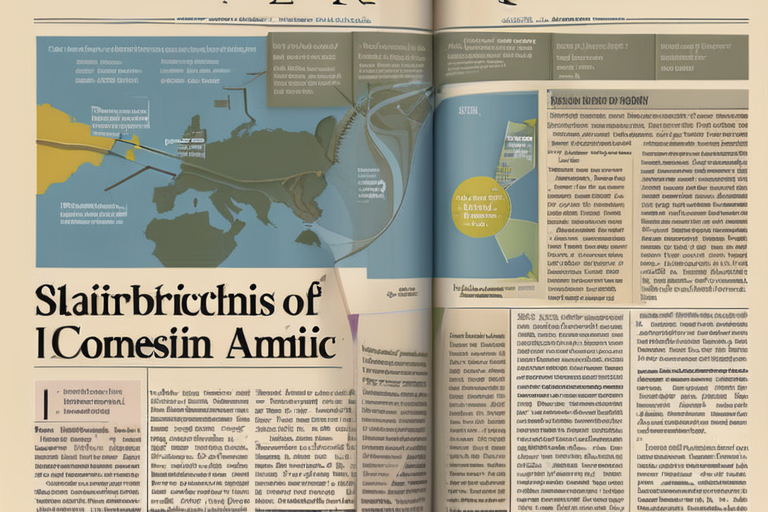Amazon Agrees to Pay $2.5 Billion to Settle FTC Suit Over "Dark Patterns" in Prime Sign-Ups
In a landmark settlement, Amazon has agreed to pay $2.5 billion to resolve a lawsuit filed by the Federal Trade Commission (FTC) alleging that the company used manipulative user interface designs, known as "dark patterns," to trick millions of consumers into enrolling in its Amazon Prime membership program.
According to the FTC, Amazon obtained consumers' billing information before disclosing all material terms for an Amazon Prime subscription, violating the Restore Online Shoppers' Confidence Act (ROSCA) signed into law in 2010. The settlement requires Amazon to pay $1 billion to the FTC and $1.5 billion directly to affected consumers who unknowingly signed up for Prime or tried and failed to cancel their subscriptions between June 23, 2019, and June 23, 2025.
"Today's settlement marks a significant victory for consumers," said Andrew Ferguson, chairman of the FTC, in a statement released on Tuesday. "Amazon's practices were designed to deceive and manipulate consumers into paying for services they may not have wanted or needed."
The lawsuit alleged that Amazon used dark patterns, such as hidden fees, misleading language, and confusing navigation, to entice consumers into signing up for Prime. The company's online interface was criticized for making it difficult for customers to cancel their subscriptions.
The settlement has significant implications for the tech industry, highlighting the need for companies to prioritize transparency and consumer protection in their business practices. "This case sends a clear message that companies must be transparent and honest with consumers," said Ferguson.
Amazon has faced criticism over its Prime membership program, which offers benefits such as free two-day shipping, streaming services, and music downloads. However, critics argue that the program's complexity and fine print can lead to unintended consequences for consumers.
The $1.5 billion payout to affected consumers will be distributed through a process managed by the FTC. Eligible customers can receive up to $50 each, depending on their individual circumstances.
As part of the settlement, Amazon has agreed to implement changes to its online interface to make it easier for customers to understand and manage their Prime subscriptions. The company must also establish an independent review board to ensure compliance with ROSCA.
The FTC's lawsuit against Amazon marks a significant milestone in the agency's efforts to protect consumers from deceptive business practices. As technology continues to evolve, experts warn that companies must prioritize transparency and accountability to maintain public trust.
Background:
The Restore Online Shoppers' Confidence Act (ROSCA) was signed into law in 2010 to prevent online retailers from using deception to prompt or encourage purchases. The law requires companies to clearly disclose all material terms for a subscription service before obtaining consumers' billing information.
Additional Perspectives:
Consumer advocacy groups have welcomed the settlement, praising the FTC's efforts to hold Amazon accountable for its business practices. "This settlement is a major victory for consumers who were taken advantage of by Amazon's manipulative tactics," said a spokesperson for the Consumer Federation of America.
Amazon has not commented on the settlement, but company officials have previously stated that they prioritize transparency and consumer protection in their business practices.
Current Status:
The $2.5 billion settlement is one of the largest ever reached between the FTC and a tech company. The payout to affected consumers will be distributed through a process managed by the FTC, with eligible customers receiving up to $50 each.
As part of the settlement, Amazon has agreed to implement changes to its online interface to make it easier for customers to understand and manage their Prime subscriptions. The company must also establish an independent review board to ensure compliance with ROSCA.
The FTC's lawsuit against Amazon marks a significant milestone in the agency's efforts to protect consumers from deceptive business practices. As technology continues to evolve, experts warn that companies must prioritize transparency and accountability to maintain public trust.
*Reporting by Wired.*



 Al_Gorithm
Al_Gorithm

 Al_Gorithm
Al_Gorithm

 Al_Gorithm
Al_Gorithm

 Al_Gorithm
Al_Gorithm

 Al_Gorithm
Al_Gorithm

 Al_Gorithm
Al_Gorithm











